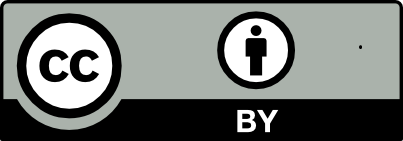Publisher : University of Basrah
E-mail : bjrs@uobasrah.edu.iq
Editor-in-chief : Prof. Dr.Hamid A. AL-Asadi
Executive Director : Prof. Dr. Ali A. Yasin
Journal Manager: Abdulla J. Yassin
Online ISSN : 2411-524X
Print ISSN : 1817 – 2695
_________________________







